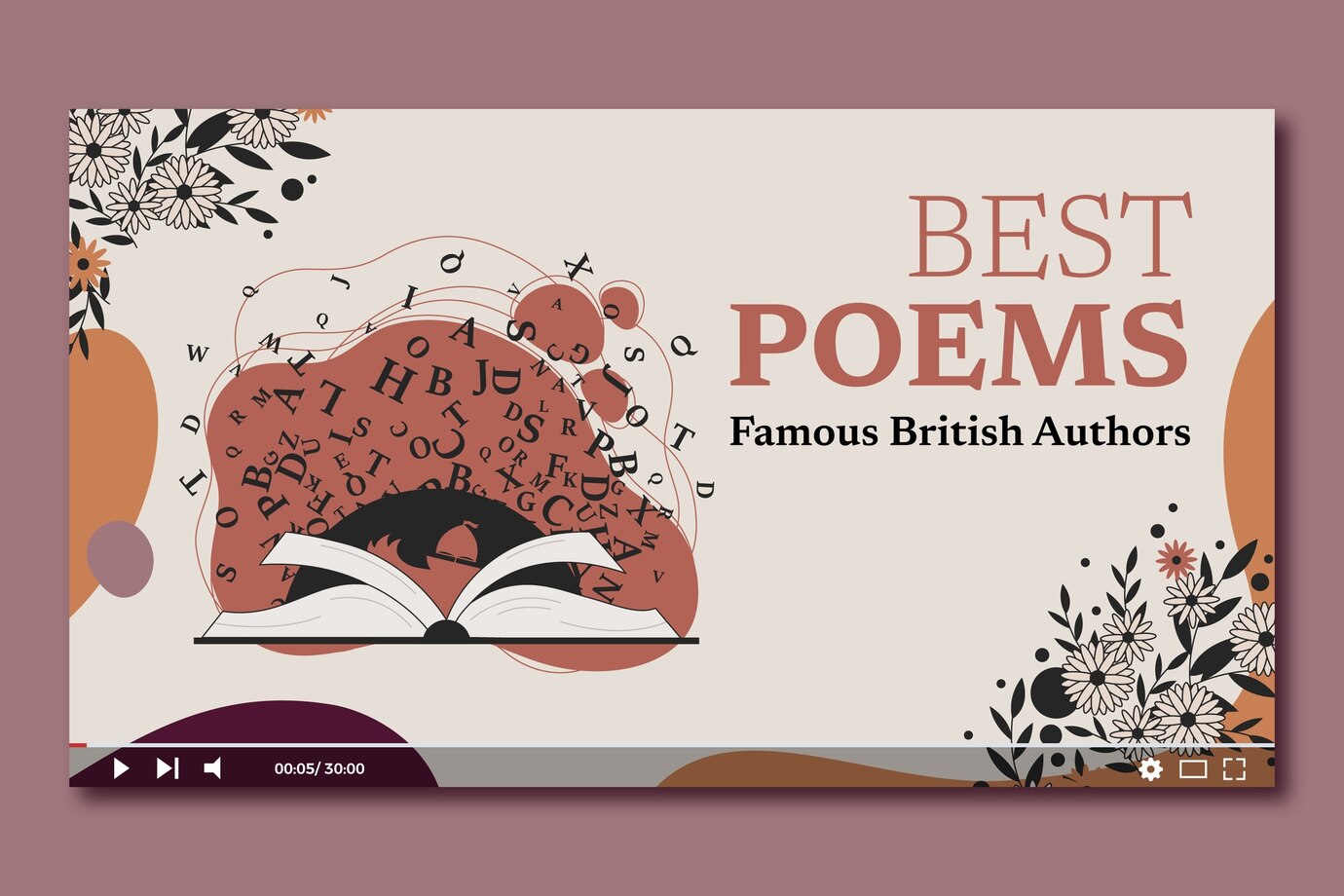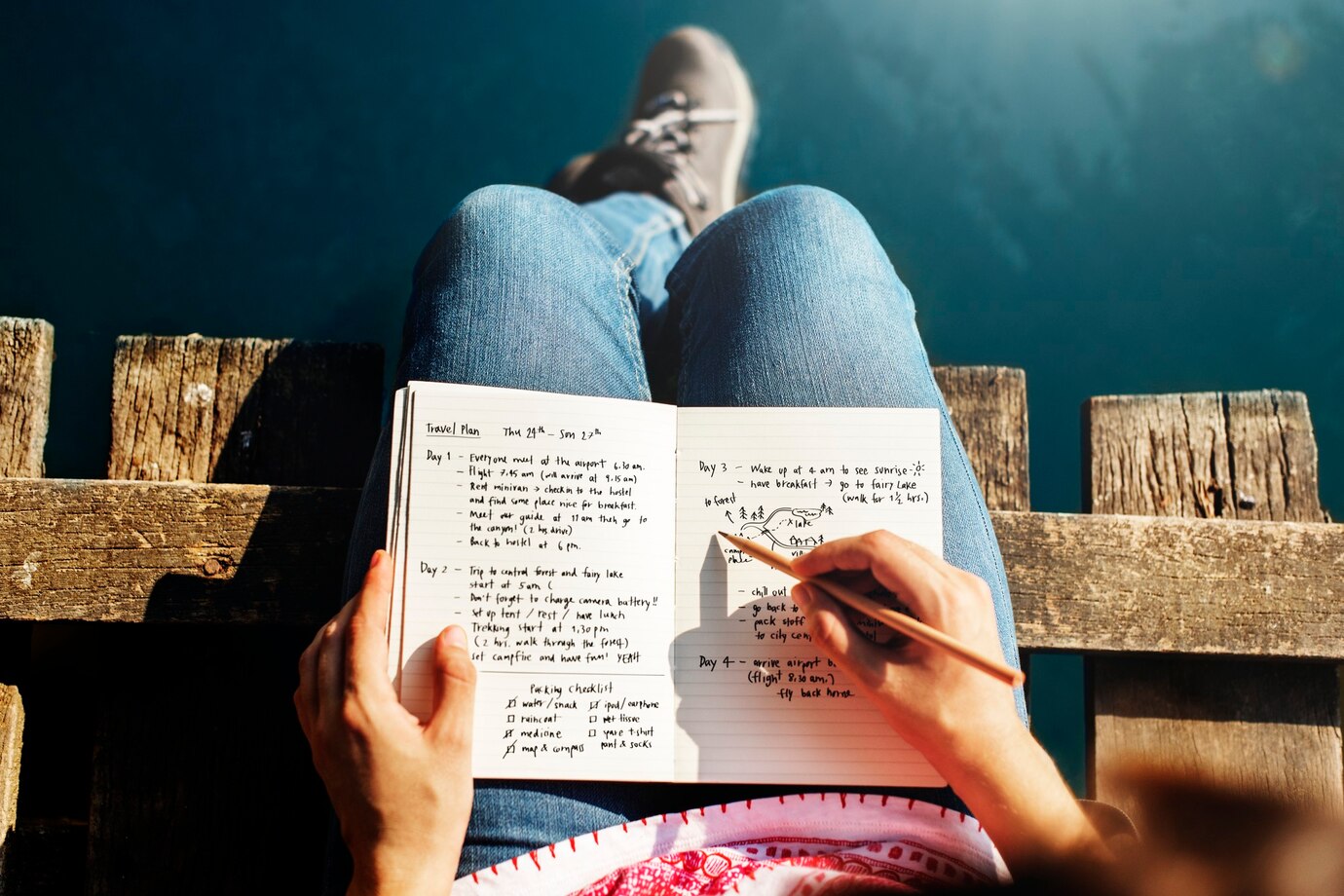
Best Poetic Books Every Literary Enthusiast Must Read
Poetry, with its ability to capture emotions and paint vivid landscapes with words, remains an art form that transcends time. For those seeking to immerse themselves in the beauty of language, here is a curated list of the best poetic books that every literary enthusiast must read.
“The Waste Land” by T.S. Eliot
T.S. Eliot’s “The Waste Land” stands as a landmark in modernist poetry. This enigmatic and deeply symbolic work explores the fragmented nature of contemporary life, blending diverse cultural references and voices into a masterpiece that continues to captivate readers.
“Leaves of Grass” by Walt Whitman
Walt Whitman’s “Leaves of Grass” is a celebration of the human spirit and the beauty of nature. This seminal collection of poems, known for its free verse and expansive themes, showcases Whitman’s transcendental vision and his profound connection to the world.
“The Collected Poems” by W.B. Yeats
W.B. Yeats, a towering figure in Irish and modernist literature, is celebrated for his evocative and lyrical poetry. “The Collected Poems” encompasses Yeats’s poetic journey, from the Celtic Twilight to the reflective verses of his later years, offering a comprehensive view of his artistic evolution.
“The Essential Rumi” translated by Coleman Barks
Jalaluddin Rumi, a 13th-century Persian poet, continues to inspire readers with his spiritual and mystical verses. “The Essential Rumi,” translated by Coleman Barks, introduces the beauty of Rumi’s poetry, exploring themes of love, wisdom, and the divine with timeless elegance.

“Milk and Honey” by Rupi Kaur
In the realm of contemporary poetry, Rupi Kaur’s “Milk and Honey” has resonated with a new generation of readers. Divided into four sections—The Hurting, The Loving, The Breaking, The Healing—Kaur’s poems explore themes of love, loss, and empowerment, accompanied by striking illustrations.
“The Sun and Her Flowers” by Rupi Kaur
Following the success of “Milk and Honey,” Rupi Kaur’s “The Sun and Her Flowers” continues to weave a tapestry of emotions. With a focus on growth, healing, and resilience, Kaur’s poetry explores the complexities of the human experience with a raw and unfiltered voice.
“Selected Poems” by Emily Dickinson
Emily Dickinson’s poetry, characterized by its concise and enigmatic style, has left an indelible mark on American literature. “Selected Poems” brings together a collection of Dickinson’s works, offering a glimpse into her unique exploration of life, nature, and the human psyche.
“The Prophet” by Kahlil Gibran
Kahlil Gibran’s “The Prophet” is a poetic and philosophical masterpiece that transcends cultural boundaries. Written in prose poetry, the book imparts timeless wisdom through the words of Almustafa, a prophet, as he addresses profound aspects of life, love, and the human condition.
“The Essential Neruda: Selected Poems” by Pablo Neruda
Pablo Neruda, the Nobel Prize-winning Chilean poet, is celebrated for his passionate and politically charged poetry. “The Essential Neruda: Selected Poems” captures the essence of Neruda’s vast body of work, showcasing his ability to infuse everyday experiences with profound meaning.
“The Complete Poems” by Anne Sexton
Anne Sexton’s “The Complete Poems” reflects the confessional poetry movement of the mid-20th century. With unflinching honesty, Sexton’s poems explore themes of mental illness, motherhood. Also, and the complexities of human relationships, offering a deeply personal and impactful reading experience.
Conclusion: A Symphony of Words
Poetry, in its myriad forms and expressions, has the power to evoke emotions. Also, to provoke thought, and transcend the limitations of language. The best poetic books listed above serve as gateways to a world where words become a symphony. This resonating with the depths of the human experience. Whether delving into classic works or embracing contemporary voices. These poetic masterpieces invite readers to explore the limitless possibilities of language and emotion.



